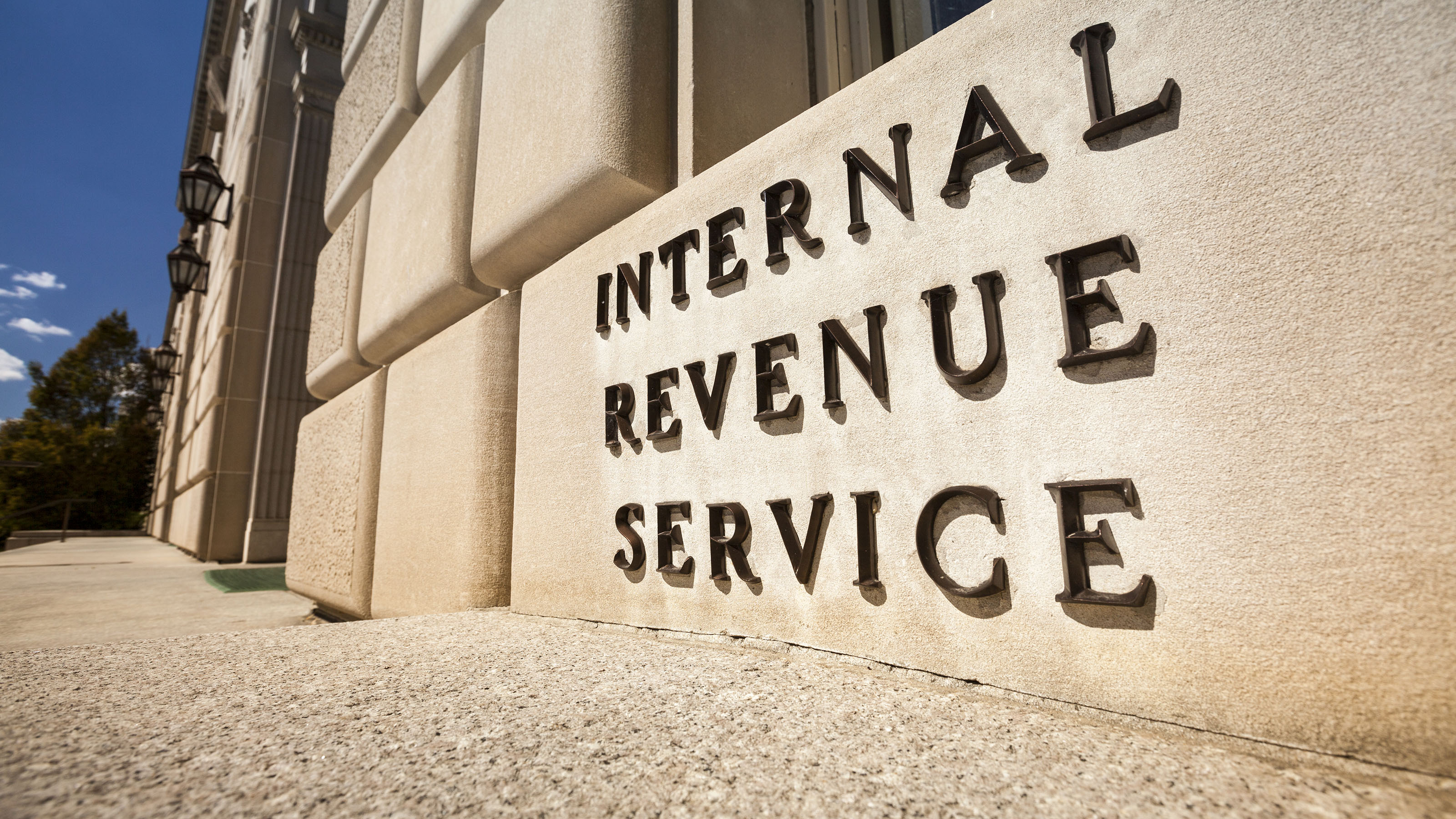
The IRS’ $80 billion strategic operating plan has been unveiled. The 150-page report, released Thursday afternoon, outlines steps the agency wants to take over the next 10 years to better serve taxpayers. The IRS report, containing 42 key initiatives and 190 projects, also describes the agency’s plans to reduce noncompliance among taxpayers. Treasury Secretary Yellen and the Biden administration have said that IRS enforcement efforts will focus on large corporations and wealthier taxpayers (i.e., not on people making less than $400,000 a year), in an effort to ultimately reduce the tax gap.
“The plan is a bold look at what the future can look like for taxpayers and the IRS,” IRS Commissioner Danny Werfel said in a statement accompanying the report. “Now that we have long-term funding, the IRS has an opportunity to transform its operations and provide the service people deserve,” Werfel added.
The $80 billion in IRS funding over 10 years was ushered in under the Inflation Reduction Act — massive climate, energy, tax, and healthcare legislation passed along Democratic party lines last year. House Republicans have pushed back against the funding, and some have claimed that 87,000 new IRS agents will target "ordinary" taxpayers. But Commissioner Werfel sees the influx of money as an opportunity to enhance IRS service and technology over the next decade.
IRS $80 Billion Spending Plan
U.S. Treasury Department estimates indicate that the U.S. is looking at $7 trillion in uncollected tax revenue. That is part of the reason why increasing taxpayer compliance, particularly among wealthier taxpayers and large corporations, is seen by some as a key way to bring that number down (i.e., to close the “tax gap”). The tax gap (essentially the difference between what taxpayers owe and what they pay on time) has been an ongoing subject of debate and concern over the years.
In its spending plan, the IRS says that lessening the tax gap calls for fundamental changes designed to “transform” the tax agency over the next decade. According to the report, the $80 billion in IRA funding will primarily be used to:
- rebuild and strengthen IRS customer service,
- add capacity for the IRS to better evaluate complicated tax returns of high-net-worth individuals, large corporations, and complex partnerships, and
- update outdated IRS operating systems and technology.
Rebuilding and strengthening IRS customer service will, the report says, focus on helping taxpayers meet their obligations — in part by reducing phone wait times, hiring more staff for in-person tax assistance centers, and providing new online tools. In terms of updating systems and technology, the IRS wants to have what it describes as “the most modern and robust security in technology” in an effort to protect taxpayer data.
IRS Audits for Wealthy Taxpayers
Another key area of concern for the IRS involves increasing its capacity and ability to audit complex returns. That effort would in part involve hiring additional experienced compliance personnel. Those IRS audits would, the agency says, focus on high-income taxpayers, large corporations, and complex partnerships.
Right now, the IRS says that it has only about 2,600 employees who are able to focus on auditing about 30,000 people who make more than $10 million a year, 60,000 large corporations, and 300,000 large partnerships and S corporations.
However, the agency has come under fire recently in light of a report and data showing that IRS algorithms contribute to some taxpayers with middle and lower incomes being audited by the IRS at higher rates than others.
Tax Day 2023: Dramatic IRS Improvement?
While improvements to IRS technology, customer service, and audit capabilities are high-level goals, the IRS strategic plan details specific initiatives that would be undertaken by the agency to achieve those goals between now and 2032. And while 10 years is a long time, Commissioner Werfel, in a statement, said that with Tax Day fast approaching and tax season in full swing, taxpayers are already seeing the benefits of increased IRS funding.
“We have dramatically improved our phone service thanks to more staff," Werfel explained, adding, "More walk-in services are available across the country. New digital tools have been added. And these are just first steps."
Stay tuned to Kiplinger for more information about how the IRS $80 billion spending plan could impact you.







